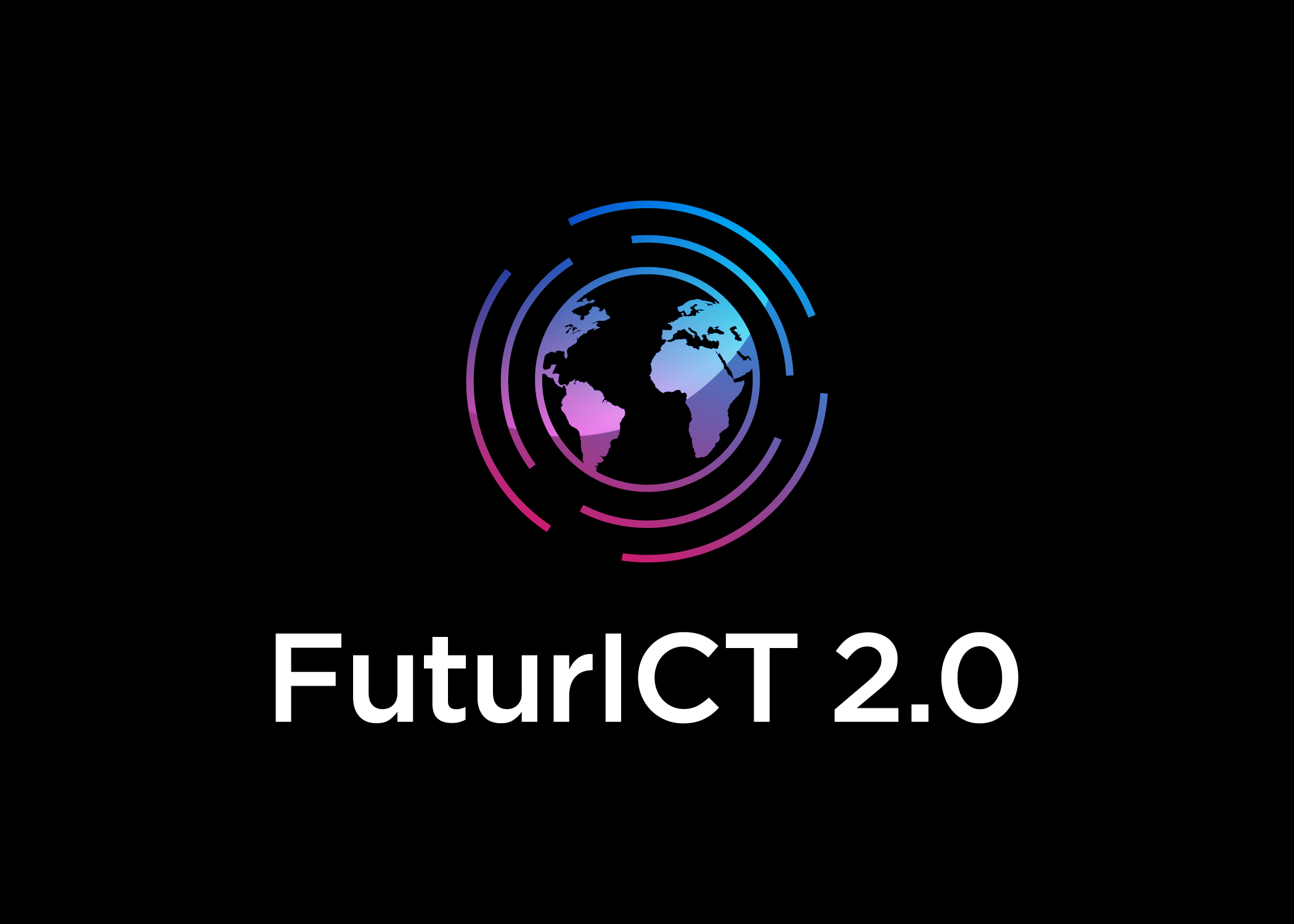FuturICT 2.0

Contact: Stefan Klauser
Website: external page futurict2.eu
Start Date: 01. February 2017
End Date: 31. January 2021
FuturICT 2.0 conducts large-scale experiments and simulations for the second generation of FuturICT. It is an international European Project funded under the FLAG-ERA Joint Transnational Call (JTC) 2016. It started in February 2017 and will have a duration of three years.
The Challenge
To manage scarce resources and support endangered people and communities, powerful global information systems need to be built, based on big data and artificial intelligence.
Digitization implies a massive structural change in the global economy, which will cause significant levels of unemployment unless economic systems are reformed. The potential misuse of Big Data and AI technologies also cannot be ignored. Thus, we need to make significant progress towards understanding and managing complex, global, interactive systems.
Our Goal
FuturICT 2.0 will bring together a large array of the best academic minds in fields such as social science, complexity science and computational science.
With jointly-supervised research projects, traditional workshops, exchanges, and meetings, the project will bring together the latest, bleeding-edge knowledge in areas such as big data, artificial intelligence, agent-based simulation, the Internet of Things, blockchain technology, and complexity science. This interdisciplinary approach will lay the theoretical and organizational foundations for the digital economy of the future.
Our Approach
FuturICT 2.0 will promote disruptive innovation to move towards a more resilient and adaptive society.
We will harness emerging knowledge in order to address urgent global challenges. How?
- Using disruptive innovation to tackle existential threats such as resource shortages, climate change, economic dislocation and technology-driven unemployment.
- Developing a new, nuanced and multifaceted financial incentive system to promote a circular, sharing economy and achieve social goals collaboratively.
- Adopting a decentralized and collaborative approach, involving methods such community-based decision-making, crowdsourcing and citizen science, to adapt to social needs and address unforeseen societal challenges.
smart technology + smart citizens = the economy of the future
The ETH Zurich node of the FuturICT project is working on developing a new financial system called Finance 4.0.
Finance 4.0
FuturICT 2.0 will pursue disruptive innovation by addressing the main social problems at their root: lack of sustainability. To this aim, we propose a model called Finance 4.0: a circular and sharing economy that would allow a high quality of life for more people with less resources.
The finance 4.0 system is liberal, democratic, pluralistic, participatory, social and ecological. It makes use of the immaterial nature of information, boosts combinatorial innovation and creates opportunities for all, by fostering an open and participatory ecosystem.
To demonstrate the basic functionality of the Finance 4.0, we will develop the Finance 4.0 Pilot Demonstrator. It will explore the potentialities of this innovative economic model, from pricing and trading to multi-currencies, from taxation options to new opportunities for central banks’ financial system.
Read about finance 4.0 in this external page report.